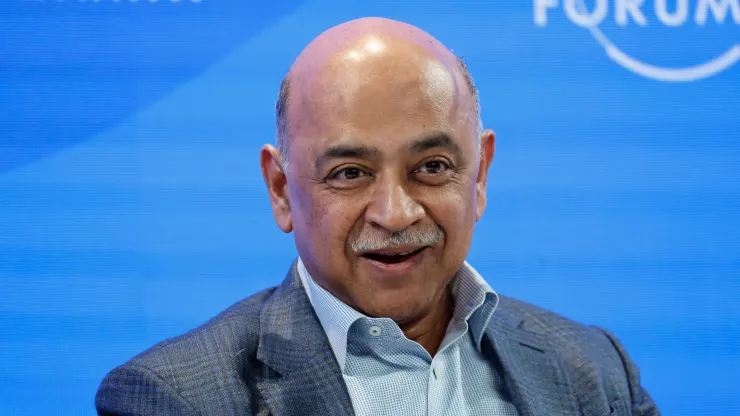IBM CEO says AI will impact white-collar jobs first, but could help

According to IBM CEO Arvind Krishna, AI will first impact white-collar jobs, but it could help workers rather than replace them.
“It is absolutely not displacing – it is augmenting.”. It is possible to produce more GDP the more labor we get, especially if it is not a human-based labor. Krishna said, “We should all feel better about it.”.
Krishna said AI offers one of the only solutions to addressing potential productivity shortfalls as working age populations decline.
During an exclusive interview on Tuesday, IBM chairman and CEO Arvind Krishna said white-collar jobs would be among the first affected by artificial intelligence.
In an interview he said generative AI and large language models could boost productivity.
It means you can accomplish the same amount of work with fewer people. That’s just the way productivity works. Krishna believes that the first set of roles that will be affected are back office, white-collar jobs.
According to him, there is a “disinflation in the demographics” that is contributing to a decline in working-age populations. In other words, if you don’t increase productivity, quality of life will decline. It is only through AI that I believe we will be able to find a solution.”
A surge in demand for AI-powered chatbots like OpenAI’s ChatGPT has spurred a flurry of companies to launch their own large-language versions.
Investing and developing its own AI platform long before the ChatGPT hype, IBM was an early mover in AI. The IBM Watson supercomputer was developed between 2004 and 2011. In 2005, the company sold its personal computer division to Lenovo, which coincided with that strategy.
It launched WatsonX, a tool for building, training, and deploying machine learning models, in May.
